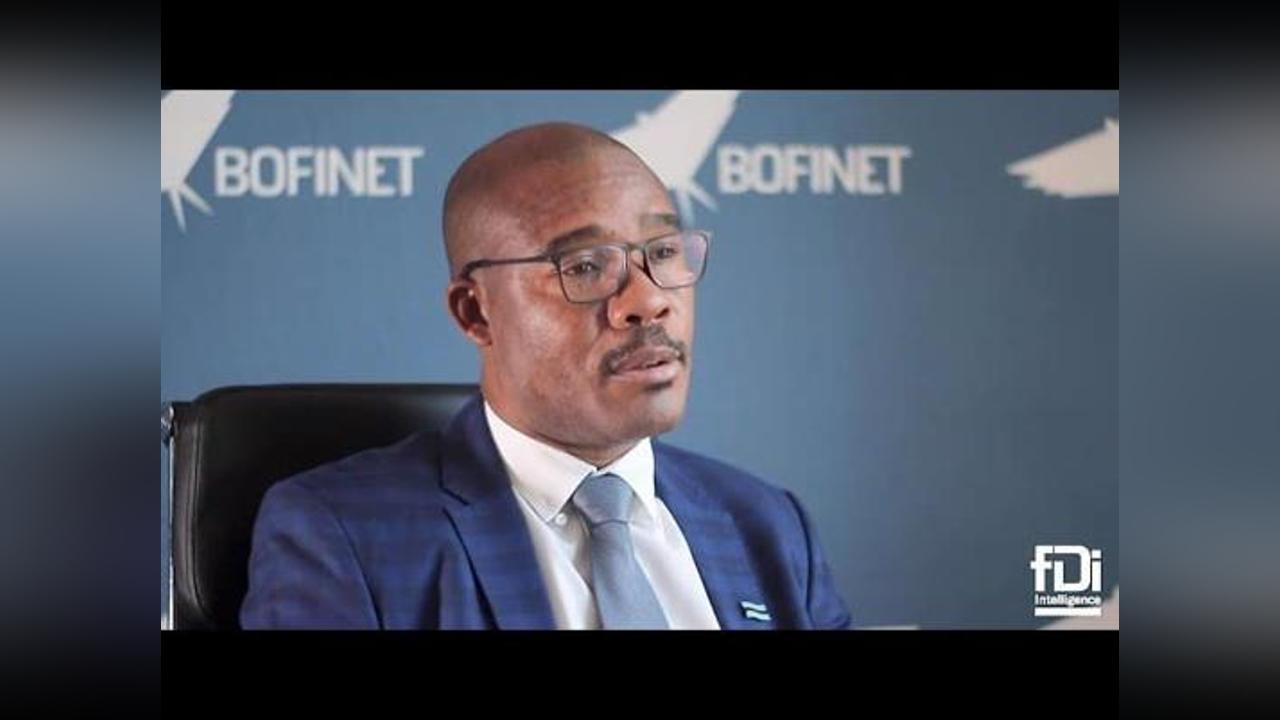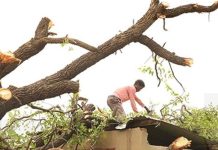Africa-Press – Botswana. Botswana Fibre Networks (BoFiNet), the state-owned wholesale telecommunications infrastructure provider, is modernizing its network to improve digital connectivity and affordability across the region.
The company recently announced a P100 million (R136 million) investment to upgrade Botswana’s internet gateway, addressing the country’s surging demand for high-speed, reliable internet.
BoFiNet’s Commitment to Regional Connectivity
Speaking at the 45th Southern African Telecommunications Association (SATA) Annual Conference in Johannesburg, Keabetswe Segole, BoFiNet’s Commercial Executive, emphasised the company’s mission to position Botswana as a digital hub.
“Your transit to the heart of Africa, this is more than just a message at our company store. It is a commitment to facilitating seamless connectivity and positioning our region at the very centre of Africa’s digital future,” Segole stated.
Botswana currently boasts an 81.4% internet penetration rate, making it one of Africa’s most connected nations—trailing only Morocco (92%) and surpassing South Africa (78%).
Modernising Infrastructure
Segole explained that theP100 million investment focuses on replacing outdated core and metro network equipment to meet growing bandwidth demands.
*“We needed to modernise our infrastructure, particularly the core and metro networks. The routers and switches we installed 12-13 years ago had to be upgraded to ensure sufficient capacity for Botswana’s citizens and residents,” he said.
BoFiNet’s Submarine Cable Investments
To strengthen international connectivity, BoFiNet has invested in multiple undersea cable systems:
EASSy (Eastern Africa Submarine System) – A 10,000 km cable linking Eastern Africa to global networks.
Expand article logo Continue reading
WACS (West Africa Cable System) – A 14,530 km cable connecting South Africa to the UK, co-invested with Telecom Namibia.
Equiano Cable – Google’s private subsea cable linking Portugal to South Africa, with branches to Nigeria, Namibia, and Togo. “We have recently acquired capacity from Equiano,” said Segole.Reducing Data Costs in a Landlocked Country
Operating as a landlocked nation presents challenges in reducing data costs. Segole highlighted BoFiNet’s strategies to overcome this:
Fibre Backhaul Partnerships – Collaborating with Telecom Namibia (WACS) and South Africa’s Broadband Infraco to optimise transit routes.
Local Data Hosting – Reducing reliance on international servers by investing in Botswana-based data centers.
Digital Delta Data Centre (DDDC): A Game-Changer
BoFiNet’s new Tier III-certified data center, the Digital Delta Data Centre (DDDC), is set to launch in October 2025. Key features include:
1,000 sqm facility with 400 racks
Located in Gaborone’s Botswana Innovation Hub
Designed to attract hyperscalers like Microsoft and Google
“This data centre allows us to keep personal data within Botswana and host content locally,” Segole explained. “Countries like Zambia can now access content from Botswana, reducing latency and costs.”
Expanding Fibre & Metro Networks
BoFiNet’s upgrades include two major projects:
Metro Network Overhaul – Enhancing connectivity in Gaborone and Francistown for government offices, businesses, and shopping malls.
Internet Exchange Point (IXP) Modernisation – Upgrading Botswana’s IXPs in London and Johannesburg while relocating the Gaborone IXP to a more secure facility.
Botswana’s Internet Traffic Growth
Internet usage in Botswana has skyrocketed:
2015: Under 8Gbps
2025: Over 100Gbps
Future Plans: Regional Partnerships & Expansion
BoFiNet is exploring collaborations with neighboring countries, including South Africa and Zambia, to further expand fibre infrastructure and reduce data costs.
“Fibre rollout has enabled us to thrive as a landlocked nation. We’re committed to partnerships that enhance regional connectivity,” Segole added.
A Digital Future for Botswana
BoFiNet’s P100 million investment emphasises its dedication to affordable, high-speed internet and secure digital infrastructure. By modernising networks, investing in submarine cables, and launching the DDDC, Botswana is poised to become a key digital hub in Southern Africa.
For More News And Analysis About Botswana Follow Africa-Press






